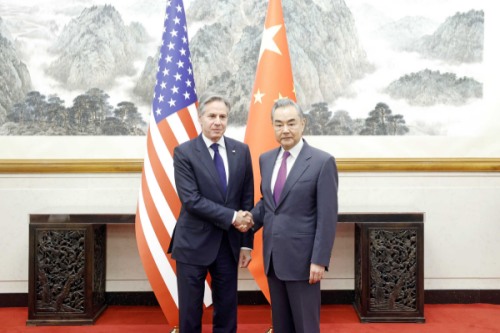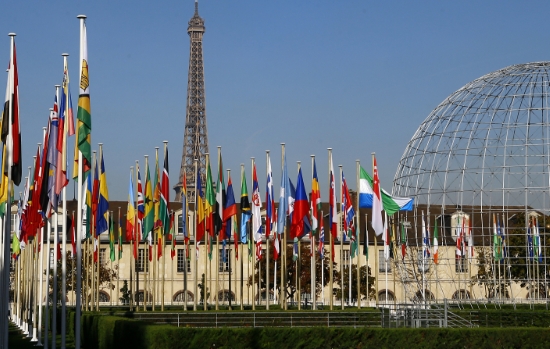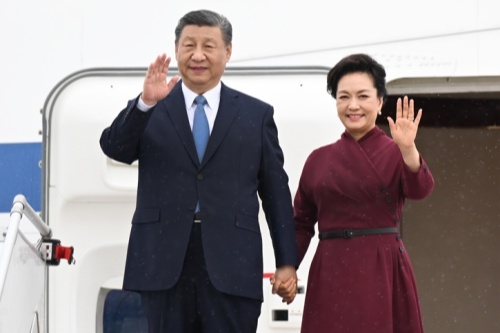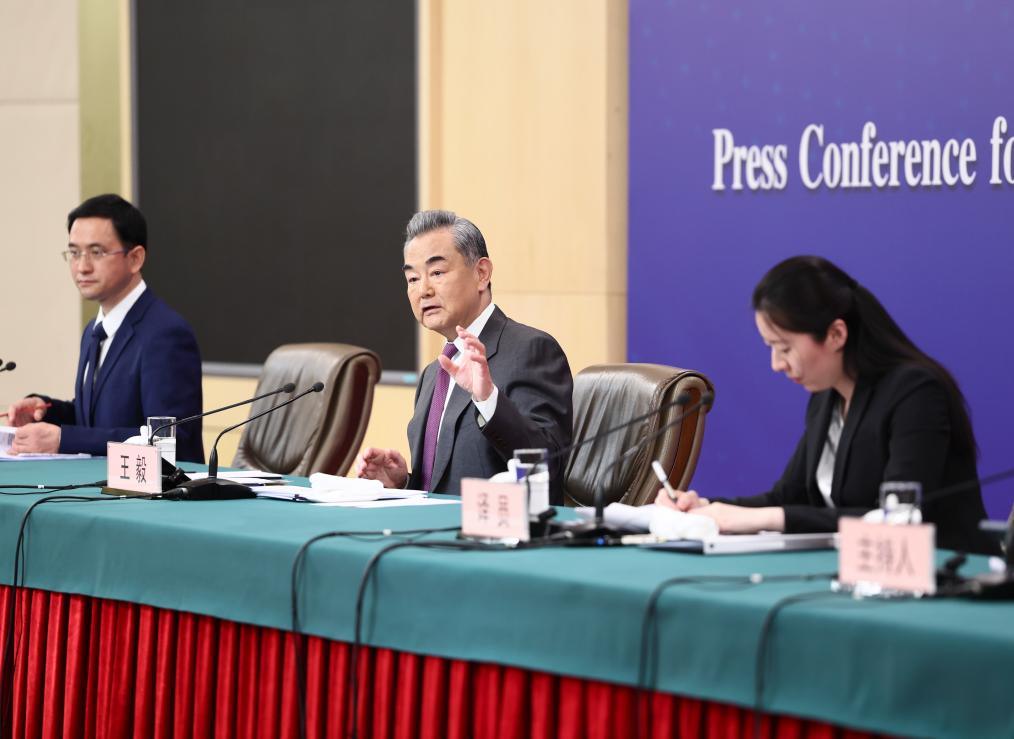
Tobacco regulation
烟草监管
Look what they’ve done to my brands
看看他们对我的品牌下的毒手
Cigarette-makers will weather the spread of plain-packaging laws
香烟制造商将经受香烟简装法案的考验
AUSTRALIANS call them Winnie Blues. But their favourite cigarettes will lose their familiar blue and white livery under Australia’s new plain-packaging law, which takes effect on December 1st. From then all cigarettes must be sold in identical packs (“drab dark brown” is the approved colour) with the brand name set in standardised type. The tobacco companies are angry. Plain packs are “plain stupid”, declares the website of British American Tobacco (BAT), the second-largest non-state producer. New Zealand, Britain and the European Union are contemplating plain-pack laws of their own. Everyone is watching the Australian experiment.
澳大利亚人喜欢自诩为维尼布鲁斯。但是根据今年12月1日即将生效的香烟简装新法案,人们最钟爱的香烟却要换掉熟悉的蓝白色包装。从此,所有香烟都必须以统一包装上市(政府许可了“单调的咖啡色”),而且香烟的品牌名称也必须用规范的形式标出。这下烟草公司不开心了。第二大私营烟草企业英美烟草(BAT)的网站称,所谓简装就是“愚蠢”。新西兰,英国和欧盟也在酝酿的简装法案。所以大家都在观望澳大利亚的试行结果如何。
It ought to be a disaster for big tobacco. Governments started banning cigarette advertising on television in the 1960s, and though the marketing noose is still loose in much of the world it is tightening. Many governments ban ads in print media and at the till and oblige manufacturers to emblazon packs with gruesome warnings. The pack itself survives as a badge of a smoker’s taste and means, displayed and pocketed 20 or 30 times a day. Lighter colours hint at relative healthiness. Tall thin packs seem more feminine. In the war on tobacco marketing, packaging is “the last major frontier”, says David Hammond of the University of Waterloo in Canada. “That’s why we’re seeing such strong opposition.”
对于大型烟草企业来说,这是一场灾难。多国政府早在20世纪60年代就已禁止电视播放烟草广告,虽然大多数国家对香烟营销手段的限制并不严厉,但是相关的营销限制却在日益收紧。包装作为烟民们识别香烟口味的方式幸存了下来,每天都要补货20至30次。许多国家还禁止纸媒刊登香烟广告,并强生产商在包装上注明可恨的警告。浅色包装暗示危害较小,细长包装则代表女士香烟。加拿大滑铁卢大学的大卫戴蒙得表示,在打击烟草营销的战斗中,包装是“最后一条主要战线”,“所以企业才表现出如此强烈的反对”
But tobacco is a weirdly resilient industry. Consumption is shrinking in developed countries but still rising in poorer ones, thanks partly to their growing populations. As GDP rises, smokers trade up to more expensive brands. The number of cigarettes smoked globally will shrink by 9% between 2015 and 2050, predicts Euromonitor International, a market-research firm. But tobacco firms are adept at wringing fatter profits from stagnant markets.
但奇怪的是,烟草是一个打不到的产业。虽然发达国家的烟草消费有所下降,但穷国的却在蒸蒸日上,部分原因是因为穷国快速增长的人口。随着国内生产总值的上升,烟民们已经买得起更贵的牌子了。市场调研公司欧洲监测国际预计,在2015到2050这35年间,全球烟草消耗量将下降9%。不过怎样从不景气的市场中尽可能的捞到油水是烟草企业的专长。
Addicted customers and high taxes make it relatively easy to raise prices (a big rise for producers translates into a small uptick for consumers). Tobacco’s stigma keeps potential competitors at bay. BAT aims to raise its earnings per share annually by high single digits and often does better than that, partly by using its spare cash to buy back shares, points out Rae Maile of J.P. Morgan Cazenove. Philip Morris International, BAT’s bigger rival, has retired a quarter of its shares since 2008.
忠实烟民和高昂的赋税使得烟草提价相对容易(制造商数量的大量增多会促进消费人数的少量攀升)。烟草恶名在外,因此烟草公司并不担心太多竞争者和自己抢饭碗。摩根大通的雷麦里指出,BAT意图通过极高的单位数增长和用闲钱买回股票这种更高明的方式提高每只股份的年收益。BAT最强劲的对手飞利浦莫瑞斯国际自2008年起,已经收回了四分之一的股票。
Big Tobacco can hardly complain that plain packs will dent demand. It insists that branding is all about market share, not recruiting new smokers. Really? The World Health Organisation reckons that a blanket advertising and promotion ban would cut puffing by 7%.
大烟草公司大亨不太会抱怨简装将减少烟草需求。它坚持认为品牌只和市场份额密切相关,和吸引新烟民的关系却不大。果真如此吗?世界卫生组织则认为全面禁止烟草广告和宣传活动可以使烟草消费减少7%。
Kingsley Wheaton, BAT’s head of regulation, says the injury lies elsewhere. For one thing, Australia’s law amounts to an expropriation of intellectual property, which ought to worry other industries such as food and liquor. Australia’s High Court rejected that claim, but the World Trade Organisation is considering it.
BAT的监管部分负责人金斯利惠顿表示,简装法会在其他方面造成损失。澳大利亚的法律相当于没收了生产商的知识产权,这会引发诸如餐饮业等其它行业的担忧。澳大利亚最高法院驳回这项指责,不过世界卫生组织正在考虑这一观点。
The second claim is that plain packs will drive smokers into the black market, which would be the fourth-biggest manufacturer if it were a company. Mr Maile sees this as the main threat to the business. Plain packs will encourage counterfeiters to produce knock-offs of many brands rather than just a few, he thinks. And that, the cigarette-makers gleefully point out, will cut government revenue.
第二项指责称简装会把消费人群引向黑市,如果黑市也算个公司的话那它就是第四大烟草生产商。麦里认为这才是烟草业面对的主要威胁。他认为简装还会催生造假者仿制多个品牌。此外,生产商们还幸灾乐祸地指出,简装法会削减政府收入。
They are nothing if not ingenious; when regulators banned “light” they struck back with “smooth”. Plain packs will not end the duel. BAT will go back to the “core of our product” by upgrading flavour and other inherent qualities rather than investing in promotional pizzazz, says Mr Wheaton. After all, fine wines do not sport flashy labels.
这些生产商别的不行,就是脑袋灵光;当监管机构禁止在包装上使用“轻型香烟”的标示时,他们就用“顺滑性香烟”替代。简装法也会最终演变成双发的较量。惠顿表示,BAT将回归“核心产品”,改进香烟口味和其他的内在品质,不会在宣传上再作投资。毕竟,好酒靠的可不是花哨的包装。
Plain packs may chime with a global back-to-basics mood. Some analysts think they could even help brands in their endless quest for differentiation. Faced with rows of identical boxes Aussies will ask for their favourites by name. New brands will find it hard to break in. Incumbents may find the new regime rather cosy.
简装将掀起一股全球性的回归本质的情绪。有分析家认为生产商可以在不懈追求各自特点的过程中更好的建设他们的品牌。面对一排排完全相同的包装,澳大利亚人可以通过名称找到他们的最爱的香烟。新牌子发现自己很难打入该市场,而老牌子则在这一新制度下存活得更加惬意。
 天之聪教育
天之聪教育
 2012-11-19
2012-11-19
 经济学家
经济学家
 937次
937次


 点赞(0)
点赞(0)

 收藏
收藏

 收藏资讯
收藏资讯

 收藏资讯
收藏资讯

 收藏资讯
收藏资讯

 收藏资讯
收藏资讯